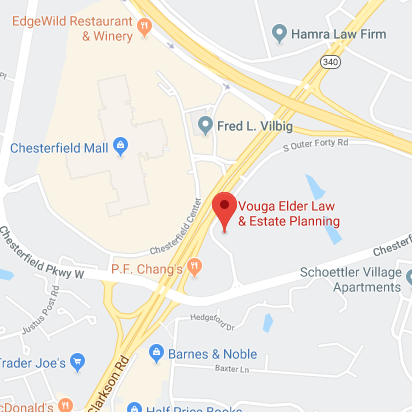Our firm assists Veterans and surviving spouses of Veterans to obtain valuable help when they need in-home care, or are in qualified assisted living community, or a skilled nursing facility (nursing home). The Veterans Administration (VA) has an underused benefit called the Special Monthly Pension Benefit. This benefit is meant to help Veterans or their surviving spouse who have unreimbursed medical expenses that come close to or exceed their income. Medical expenses include the cost of Medicare Part B and D, supplemental health insurance premiums, long-term care insurance premiums, rental of durable medical equipment, oxygen, incontinent and diabetic supplies, and the cost of long-term care.
A friend or family member (other than a spouse) can even be paid to provide in-home care for a Veteran or surviving spouse. If the care services are being provided by an unlicensed caregiver, the services must be prescribed by a health care professional (e.g. doctor, RN, LPN, or licensed physical therapist), and the professional must consult with the unlicensed caregiver at least once a month (in person or by telephone) to monitor the care services.
For a friend or family member to be a paid caregiver there must also be a valid personal Care Contract in place (drawn up by an Elder Law Attorney) and the caregiver must be receiving no more than fair market value for services that he or she is providing. Without a valid Personal Care Contract, the payments will not be considered payment for in-home care and will be considered a “gift” by Medicaid, resulting in ineligibility for Medicaid benefits.
General Eligibility Requirements:
- A Veteran must have served 90 days (24 months after 9/7/1980) of active military service, with 1 day served during wartime.
- The Veteran also must have a discharge of “most types other than dishonorable.”
- The Veteran or surviving spouse must be over the age of 65 or considered disabled by Social Security.
The Veteran or surviving spouse’s doctor must certify the Veteran or surviving spouse requires the aid of another person to get through the day or is in need of a “protective environment.” The cost of a protective environment or an assisted living community may also be counted if the facility is providing medically required assistance with at least two activities of daily living. The six activities of daily living, as defined by the VA, are feeding, continence, transferring, dressing, toileting, and bathing. The Veteran or surviving spouse must have ongoing, reoccurring unreimbursed (not covered by insurance) monthly medical expenses that come close to, or exceed their monthly income.
The VA considers the Veteran or surviving spouse’s life expectancy and the difference between their income and unreimbursed medical expenses to determine the maximum amount of COUNTABLE ASSETS the Veteran or surviving spouse may have in their name. However, with proper legal and financial planning, we can help transform countable assets to non-countable assets to qualify the Veteran or surviving spouse.
“A Veteran is someone who, at one point in his or her life,
wrote a blank check made payable to:
‘The United States of America’
for an amount of up to and including my life.”
Author Unknown


